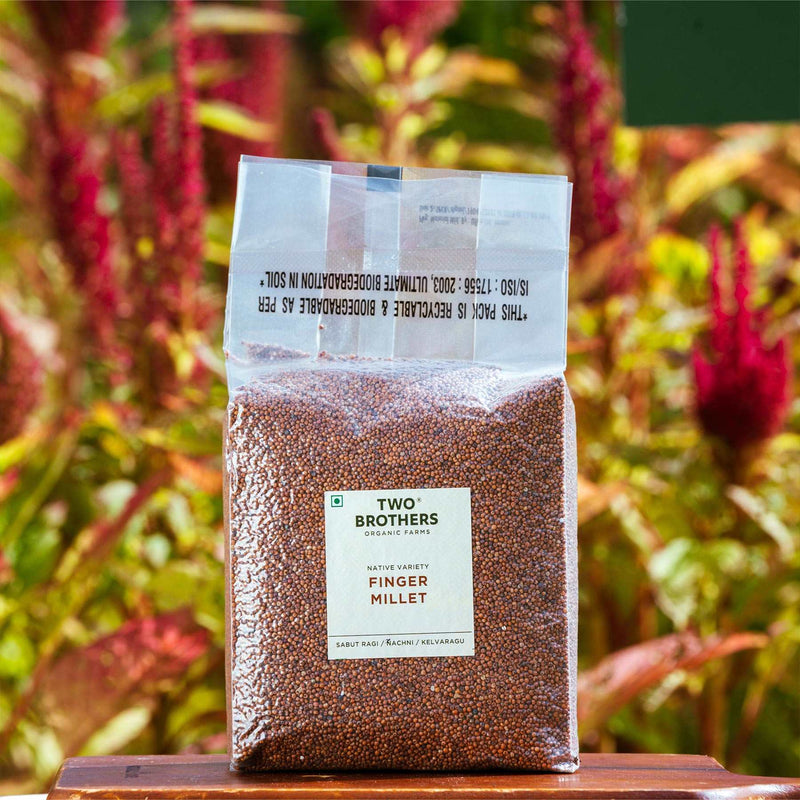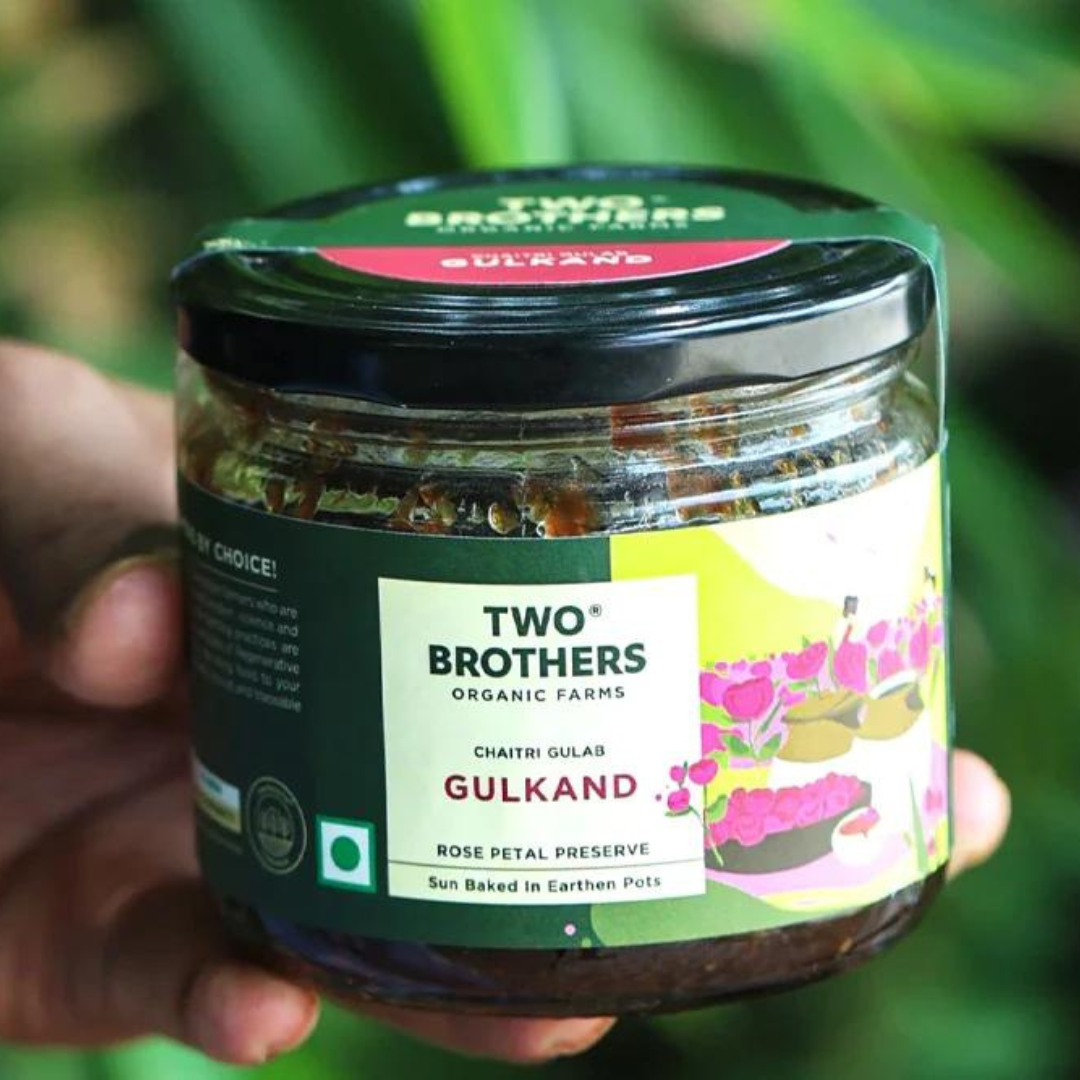Are you curious about the benefits of eating ragi? You’ve clicked on the correct link! This ancient grain is packed with essential vitamins and minerals and has numerous health benefits! Let’s explore the nutrition profile, 13 amazing health benefits, and potential side effects of ragi.
What is Ragi?
Various types of millet are available in India, and they are all in demand for their unique health benefits. Ragi, also known as finger millet, is among the most popular. Ragi is rich in calcium, iron, and protein, making it an ideal choice for vegetarians and vegans looking to get their daily dose of these minerals.
Aside from its nutritional benefits, ragi also has a unique flavour and texture, making it a great choice for use in various recipes. Plus, it’s gluten-free!

Ragi Nutrition Facts
Ragi is a healthy and versatile grain that can be incorporated into your diet for various benefits. Look at its nutritional profile.
Ragi Nutritional Value Per 100g
|
Nutritional Component |
Value |
|
Energy |
320Kcal |
|
Protein |
7g |
|
Carbohydrates |
67g |
|
Dietary fibre |
11g |
|
Calcium |
364 mg |
|
Iron |
4.62 mg |
13 Health Benefits of Ragi and Ragi Flour
Ragi, commonly known as finger millet, is regarded as one of the most nutritious and healthy cereals. Here are 13 excellent health benefits of ragi which can make you want to incorporate it into your diet right away!
-
High Protein
If you are looking for a vegan way to boost your protein intake, look no further than protein-packed ragi! It's the perfect way to get your daily fix. Plus, it's super tasty and versatile - so you can get creative with it and make it your own.
-
High Fibre Content
Ragi is the perfect food to keep your digestive system in tip-top shape. It is rich in dietary fibre! Thus, it helps in promoting proper digestion and metabolism.
-
Good for Weight Loss
Ragi is an excellent food for weight loss! Its high protein content helps to reduce hunger pangs, keeping you fuller for longer. Plus, it's a super nutritious, delicious and easy-to-prepare food item. So why not give it a try for your next weight-loss meal plan?
-
Prevents Skin Damage
Ragi is your skin's best friend! It provides great benefits for the skin by being rich in antioxidants which help fight free radical damage and keep your skin looking youthful and radiant. In other words, it's like a fountain of youth for your complexion
-
Boosts Hair Growth
Ragi is a powerhouse of essential nutrients for healthy hair! It's packed with iron and zinc, two critical minerals crucial for preventing hair loss and promoting hair growth. Consuming ragi regularly can help you keep your hair looking and feeling its best.
-
Fortifies Bone Density
Eating ragi regularly is a great way to ensure strong bones and teeth! Thanks to the calcium in Ragi, it can significantly help to reduce the risk of fractures and osteoporosis.
-
Increases Production of Mother’s Milk
Ragi can be your go-to food during pregnancy. Not only does it help to boost milk production, but it can also make the milk more nutritious for your baby.
-
Prevents Diabetes
Ragi is useful for managing diabetes. It's packed with dietary fibre that helps keep blood sugar levels in check. That means you can enjoy it as part of a healthy diet and help keep your diabetes under control.
-
Anti-cancer Potential
Ragi contains several phytochemicals which have been found to have some anti-cancer properties. Did you know that ragi contain several phytochemicals that have been found to have anti-cancer properties? This fact makes ragi an intelligent choice if you're looking to boost your health.
-
Supports a Gluten-Free Diet
Ragi is a great choice if you are on a gluten-free diet - it's naturally gluten-free! No need to worry about hidden gluten as it's a safe and delicious way to enjoy your meals. Plus, it's packed with nutrients to help keep you feeling your best.
-
Fulfils Child’s Nutritional Needs
Ragi offers excellent benefits for babies and growing children. It is rich in protein, calcium, iron, zinc and other essential nutrients. Ragi malt, flour (ragi atta), or powder can be added to a variety of dishes prepared for kids to increase their nutritional value.
-
Prevents Cardiovascular Disease
Ragi contains no sodium or cholesterol. Additionally, its abundance of vitamins and dietary fibre helps increase levels of good HDL cholesterol and reduce fatty deposits in heart vessels, improving overall heart health.
-
Treats Anaemia
Ragi is a superfood that packs a serious punch! It's an excellent source of iron, which is essential for producing red blood cells and helps fight anaemia.
What Are The Side-effects of Eating Ragi?
Overconsumption of ragi can lead to increased oxalic acid in the body, which is not advisable for you if you are dealing with kidney stones. Notably, you may face the disadvantages of eating ragi only if you eat it excessively. However, you can safely consume ragi in moderation.
Nevertheless, this cereal comes loaded with beneficial nutrients that protect against diseases and help your body feel relaxed. Therefore, make sure to include ragi in your daily diet for a healthy and balanced eating plan.
FAQs
-
How to include ragi in your diet?
Ragi is Laden with iron, calcium, phosphorus, magnesium, and protein. So you should have no qualms about adding it to your diet. You can enjoy the benefits of ragi through its many forms available in the market, such as ragi flour, malt, atta, powder, sprouted ragi floor, etc.
With these products as the primary ingredient, you can prepare ragi roti, dosa, idli, porridge, and spicy vegetable ragi balls.
-
Is ragi good for weight loss?
Yes. Its fibre and protein content helps in weight management. For instance, many people experience weight loss as the main benefit of eating ragi rotis daily.
-
Is ragi gluten-free?
As mentioned in this article before, ragi is a naturally gluten-free food.
-
Is ragi and nachni same?
Yes. Nachni and finger millet are the other names of ragi only.
In conclusion, ragi is an incredibly nutritious grain with various health benefits. It's packed with dietary fibre, minerals, and vitamins and is an excellent source of plant-based protein. However, it is important to note that it can have side effects for some people, so it's always best to consult your doctor before adding it to your diet.
-
What are ragi benefits for women?
Ragi, or finger millet, offers women vital nutrients like calcium for bone strength and iron to combat anemia, while its gluten-free nature supports those with intolerances. Including ragi in the diet promotes overall health and addresses specific nutritional requirements for women.
-
What are the health benefits of sprouted ragi?
Sprouted ragi offers several health benefits due to its enhanced nutritional profile and bioavailability of nutrients.
-
Will ragi cause constipation?
Ragi, also known as finger millet, is not likely to cause constipation. In fact, it is often recommended to alleviate constipation due to its high fiber content and other nutritional properties.
-
What is the importance of ragi?
Ragi is important for health due to its high nutritional content, including calcium, iron, and fiber. It supports bone health, aids in weight management, and helps regulate blood sugar levels.










